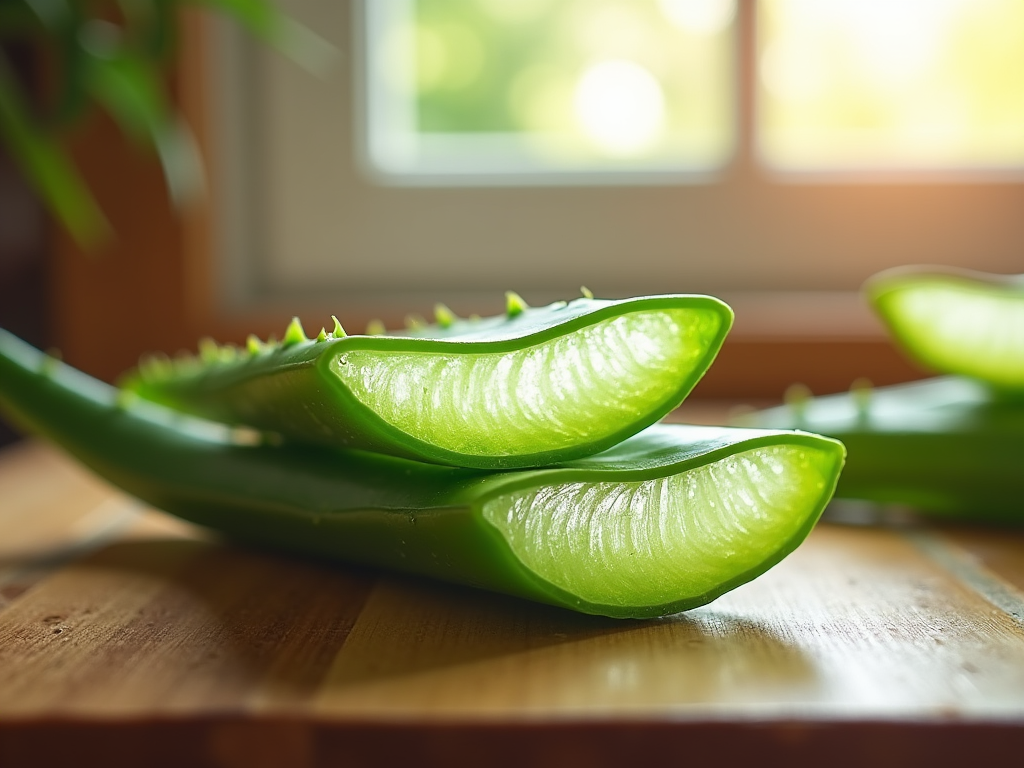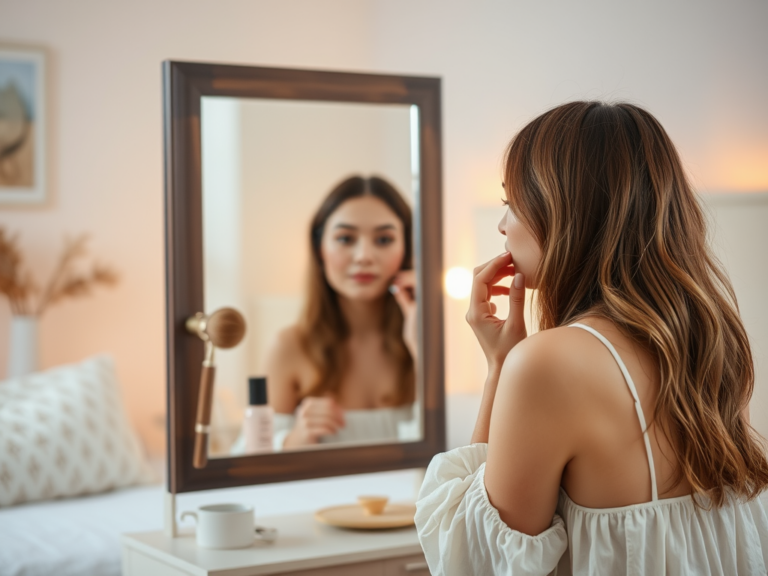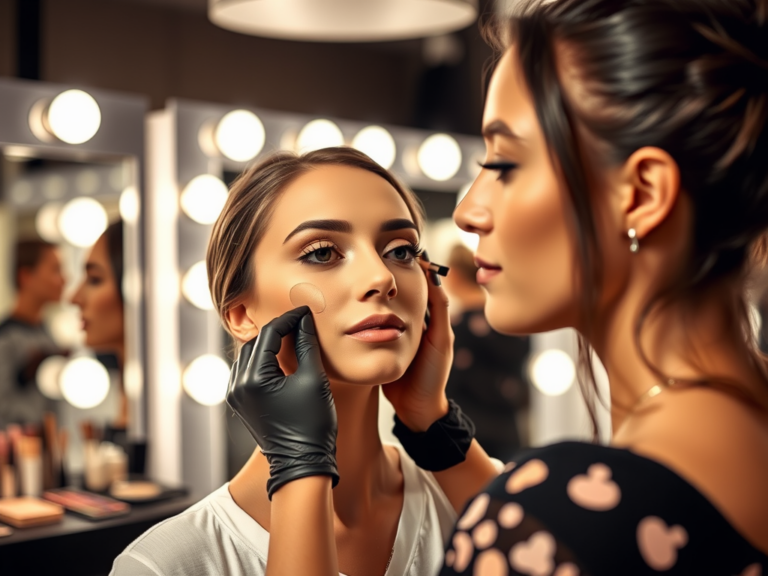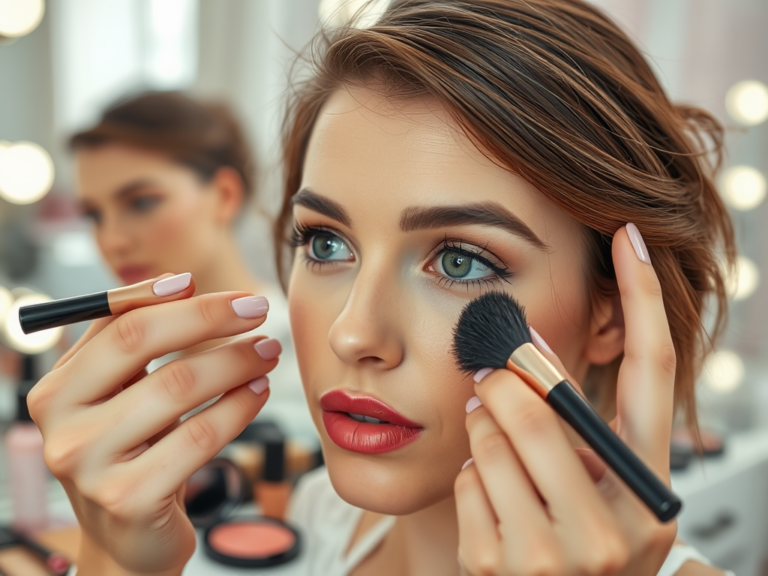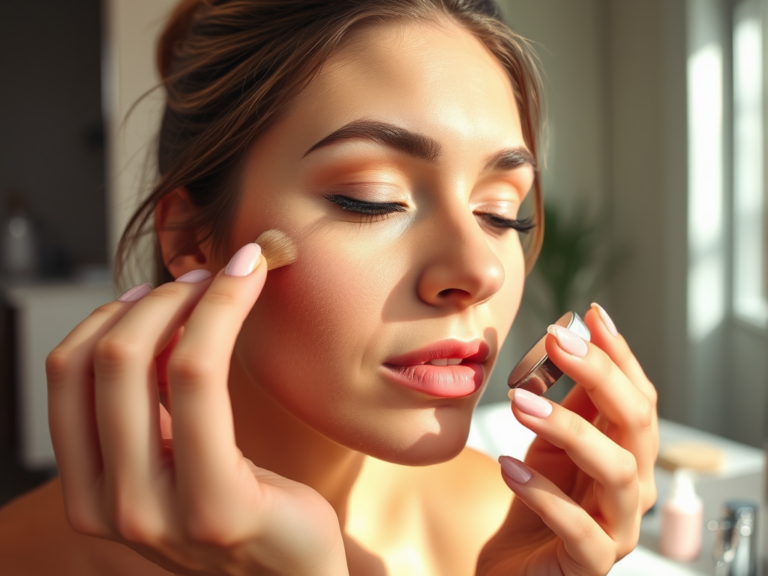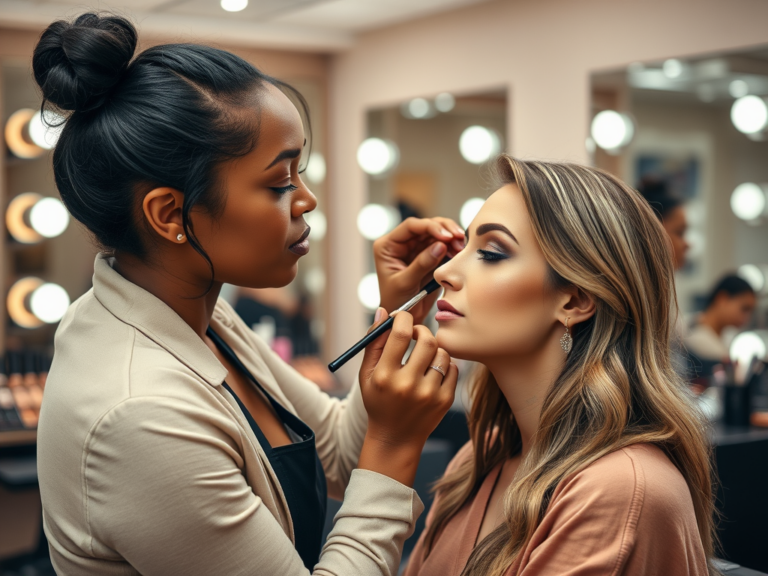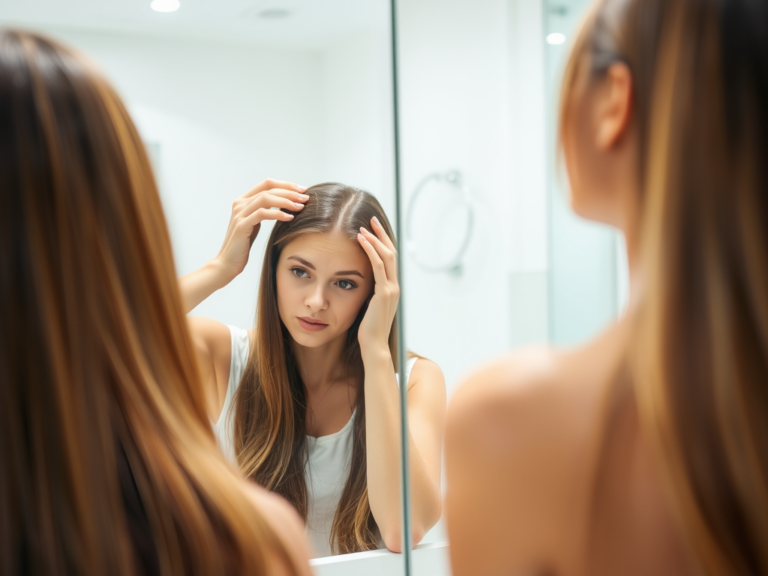Aloe vera has become a staple ingredient in numerous cosmetic products, revered for its versatility in skincare. Its thick, succulent leaves contain a gel-like substance that is rich in vitamins, minerals, and antioxidants. This natural powerhouse has been utilized for centuries, not only for its soothing properties but also as a potent ally in the quest for radiant skin. As people increasingly seek natural solutions to their skincare woes, aloe vera has resurged in popularity, prompting many to wonder whether it lives up to the hype. In this article, we dive deep into the potential benefits of aloe vera for facial care, backed by insights from skin and beauty experts.
Benefits of Aloe Vera for Facial Skin
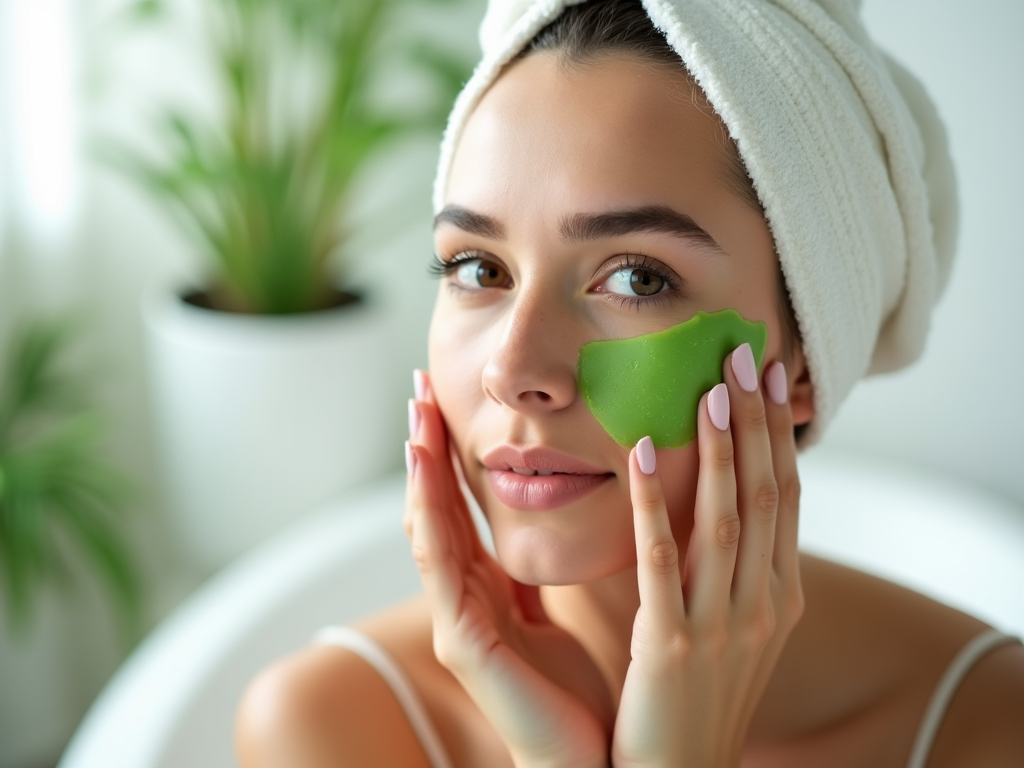
The advantages of using aloe vera on your face are numerous and compelling. Leading dermatologists have praised its ability to nurture the skin, with studies highlighting its key benefits. From hydration to anti-aging effects, the gel derived from aloe vera has made a significant impact in the realms of both traditional and modern skincare. Let’s explore these benefits in more detail, providing a clear picture of why aloe vera deserves a place in your daily beauty routine. You might be surprised to learn just how effective this humble plant can be.
Hydration and Moisturization
Aloe vera is famed for its incredible hydrating properties, making it an ideal solution for those suffering from dry skin. Its high moisture content ensures that the skin remains plump and well-hydrated without leaving a greasy residue. This characteristic allows aloe vera to act as a natural moisturizer, drawing water into the skin and locking it in for lasting effects. One of the remarkable aspects of aloe vera gel is its lightweight texture, which can be easily absorbed, providing instant relief to parched skin. Experts recommend utilizing aloe vera specifically during the colder months when environmental factors can exacerbate dryness.
Anti-Inflammatory Properties
Another significant benefit of aloe vera is its ability to reduce skin inflammation. Aloe vera contains compounds like aloin and acemannan that soothe irritated skin, making it invaluable for individuals with conditions like acne or rosacea. Many dermatologists advocate for its use as a natural remedy to calm redness and minimize flare-ups. When used consistently, aloe vera may help contribute to an overall improvement in skin texture and tone. Moreover, its gentle nature means it’s suitable for sensitive skin types that often react adversely to harsher chemicals.
Anti-Aging Effects
Aloe vera isn’t just a remedy for dry or irritated skin; it also offers significant anti-aging benefits. Rich in vitamins C and E, this natural ingredient promotes the production of collagen, which is essential for maintaining skin elasticity. Regular application can help smooth fine lines and wrinkles, while fostering a youthful glow. Many people have noticed a reduction in visible signs of aging when incorporating aloe vera into their skincare regimen, making it a worthwhile addition to both preventive and corrective treatments. When combined with other anti-aging agents like retinol and hyaluronic acid, aloe vera can work in synergy to enhance results.
| Benefits of Aloe Vera | Description |
|---|---|
| Hydration | Keeps skin moisturized and plump. |
| Anti-Inflammatory | Soothes irritated skin and reduces redness. |
| Anti-Aging | Promotes collagen production for youthful skin. |
How to Use Aloe Vera on Your Face
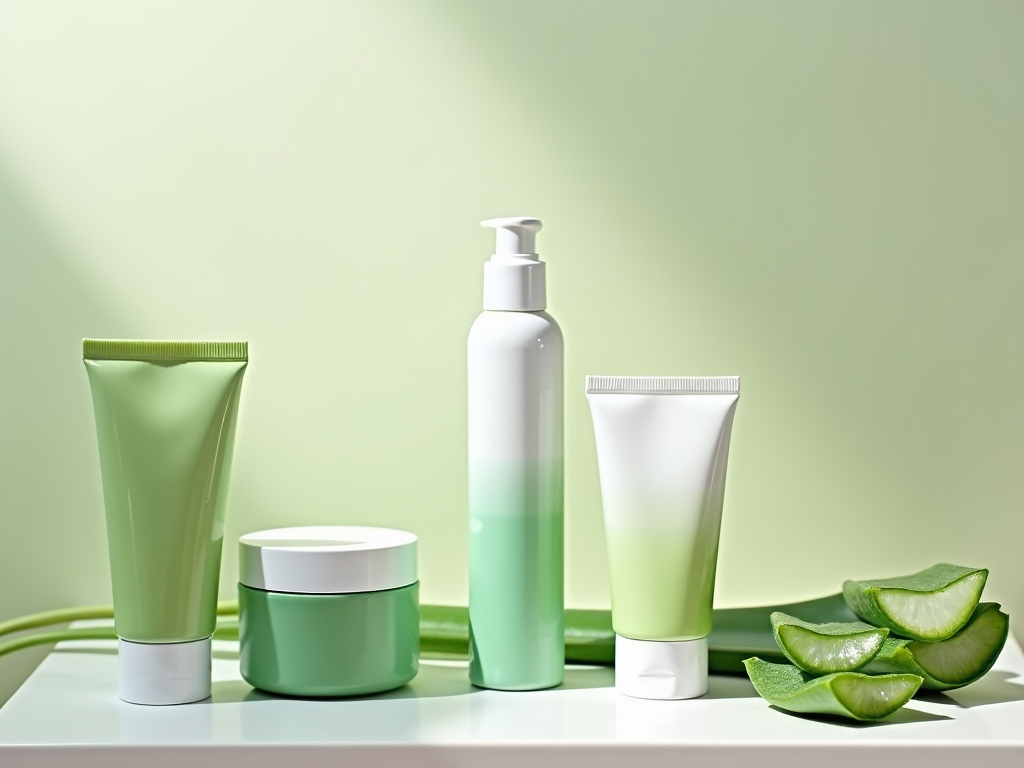
Incorporating aloe vera into your facial skincare routine is both easy and effective. There are multiple ways to reap the benefits of this natural ingredient, whether through direct application of the gel or by selecting products that contain it. Here are some tried-and-true methods to get started:
- Direct Application: Extract fresh aloe vera gel from the leaves and gently apply it to your face, allowing it to hydrate and soothe your skin.
- Aloe Vera in Skincare Products: Look for creams, serums, or masks that list aloe vera among their ingredients, ensuring they contain a high percentage for maximum benefits.
- DIY Masks: Combine aloe vera with other ingredients like honey or yogurt to create a nourishing mask that addresses various skin concerns.
Potential Side Effects of Aloe Vera
While aloe vera is generally safe for most individuals, there are some potential side effects to consider. Allergic reactions may occur, particularly in individuals with sensitive skin types. It’s vital to conduct a patch test before applying aloe vera broadly to identify any adverse responses. Additionally, some ready-to-use aloe gels may contain alcohol or preservatives that could irritate the skin, so always choose products wisely. In rare cases, ingestion of aloe vera may lead to digestive issues, so always use it topically unless otherwise directed by a healthcare provider.
Expert Opinions
Understanding the consensus among skincare professionals can provide you with the confidence to integrate aloe vera into your regimen. Numerous dermatologists regularly recommend aloe vera due to its multifaceted benefits, particularly for acne-prone and sensitive skin types. It is often highlighted as a natural alternative to chemical-based treatments that can exacerbate skin issues. Furthermore, experts encourage individuals to pay attention to individual skin responses, as personal experiences can vary widely. Overall, the sentiment in the beauty community is clear: aloe vera is a potent ingredient worth trying.
Conclusion
Ultimately, aloe vera stands out as a highly versatile ingredient that can enhance facial skincare in numerous ways. From hydrating dry skin to providing anti-inflammatory support and promoting youthful vitality, its benefits are well documented. However, the key is to use it thoughtfully and to consider your personal skin type and potential reactions. If you’re eager to introduce aloe vera into your routine, ensure to conduct a patch test and consult with a dermatologist if needed. Embracing this natural solution might just lead you to a healthier, more radiant complexion.
Frequently Asked Questions
- Is aloe vera suitable for all skin types? Yes, aloe vera is generally suitable for all skin types, but it’s advisable to test it on a small area first.
- How often should I apply aloe vera to my face? You can apply aloe vera gel daily, depending on your skin’s needs.
- Can aloe vera help with acne? Yes, its anti-inflammatory properties can help reduce redness and irritation associated with acne.
- Is it safe to use aloe vera gel on my skin every day? For most people, daily use is safe, but be mindful of any adverse reactions.
- Where can I find pure aloe vera gel? Look for products with minimal additives, or consider harvesting fresh gel from the aloe vera plant.
